A Teenager’s Nutritional Needs (Nutrition & Growth Kidz Health)
- Dr Owais Rafiq
- September 28, 2023
- 8:52 pm
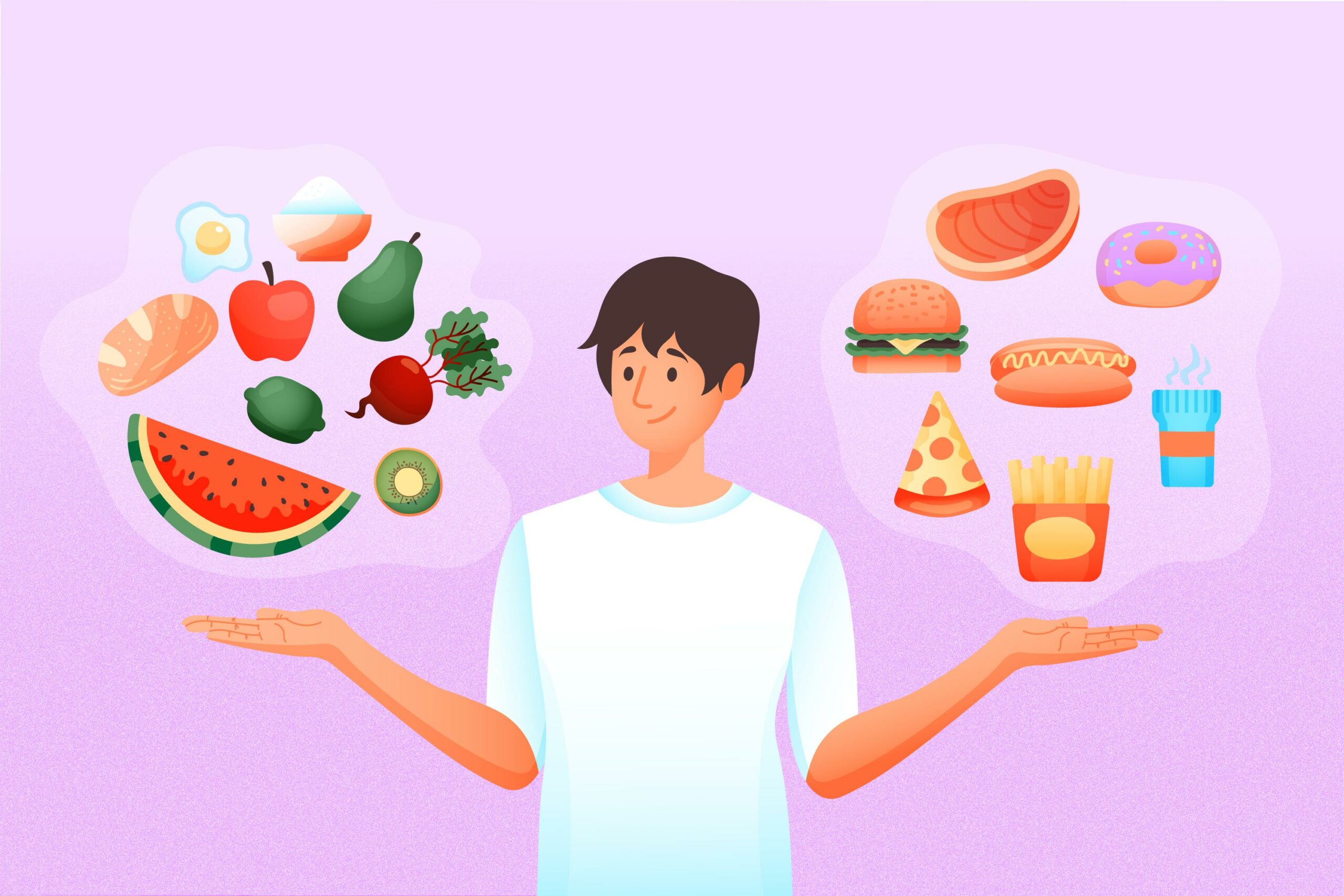
Adolescence is a time of rapid growth and development, and teenagers need a well-balanced diet to support their changing bodies. Nutrition for teens should prioritize essential nutrients like protein, calcium, iron, and vitamins. Individual needs vary based on age, sex, activity level, and health status. Emphasizing healthy food choices will ensure they get the necessary nutrients for optimal growth and development.

How Much Nutrition Does a Teenager Need?
The number of calories that a teenager needs each day depends on their age, sex, height, weight, and activity level. A teenage girl who is moderately active will need about 2,200 calories per day, while an active teenage boy will need about 2,800 calories per day.
In addition to calories, Nutrition for Teens requires various nutrients vital for growth and development, such as protein, vitamins, minerals, and more.
Protein
About 10-30% of daily caloric intake should come from protein sources. Teenagers need about 1 gram of protein per pound of body weight each day.
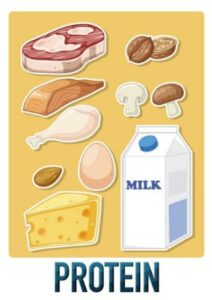
Carbohydrates
Complex carbohydrates should make up about 50-60% of a teenager’s caloric intake, while simple carbohydrates should be limited.
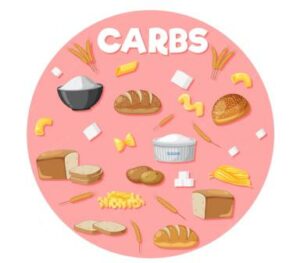
Fats
Fat should make up no more than 30% of the diet. This can be further broken down into:
- Unsaturated fats (good fats): These should constitute the majority of fat intake and can make up about 20% of total daily calories.
- Saturated fats: Saturated fats should be limited to no more than 10% of total daily calories.
- Trans fats: It is recommended to minimize the intake of trans fats as much as possible, as they have adverse effects on health.

Fiber
Teenagers need 25-30g of fiber daily from whole grains, fruits, vegetables, and legumes for healthy digestion and to prevent constipation.
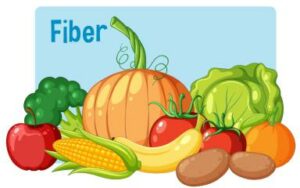
Hydration
Encourage teenagers to drink water, and limit sugary drinks. Proper hydration supports overall health, bodily functions, cognitive function, and digestion.

Calcium
Calcium is important for building strong bones and teeth. Teenagers need about 1,300 milligrams of calcium per day.
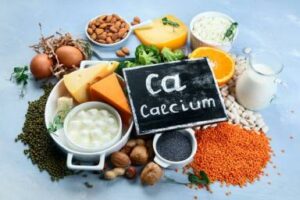
Iron
Iron is important for carrying oxygen in the blood. Teenagers need about 15 milligrams of iron per day for girls and 11 milligrams per day for boys.
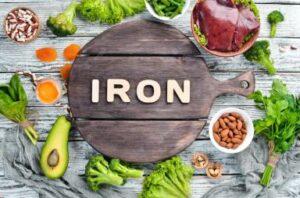
Vitamin D
Vitamin D is important for absorbing calcium. Teenagers can get vitamin D from sunlight, fortified foods, and supplements.
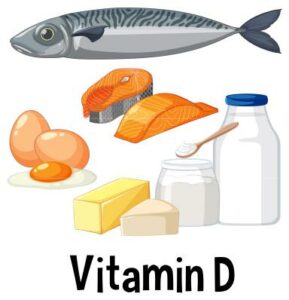
Other Nutrients
Teenagers also need other nutrients, such as zinc, magnesium, and vitamin A. These nutrients can be found in a variety of foods, such as fruits, vegetables, whole grains, and lean protein.
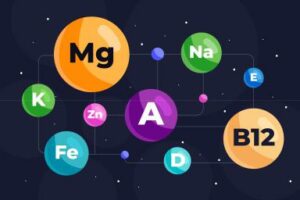
How Do Nutritional Needs Change Over Time?
The nutritional needs of teenagers change over time, highlighting the importance of Nutrition for Teens. Girls require more iron during puberty due to increased blood production, while boys need extra iron and protein to support muscle development during this crucial period of growth and development.
Teenagers who are active need more calories and nutrients than teenagers who are not active. This is because exercise increases the body’s need for energy and nutrients.
How Can I Make Sure My Teenager Is Getting Enough Nutrition?
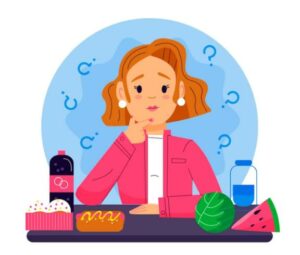
The best way to make sure your teenager is getting enough nutrition is to help them create a healthy eating plan. This Nutrition for Teens plan should encompass a diverse range of foods from all food groups while restricting unhealthy options like processed foods, sugary drinks, and junk food, promoting their overall health and well-being.
Here are some tips for helping your teenager create a healthy eating plan:
- Encourage them to eat breakfast every day.
- Serve a variety of fruits and vegetables at every meal.
- Choose lean protein sources, such as fish, chicken, and beans.
- Limit unhealthy fats, such as saturated and trans fats (snack chips, cookies, cakes, pastries). These fats can raise cholesterol levels and increase the risk of heart disease.
- Limit sugary drinks. Sugary drinks are high in calories and low in nutrients.
Disclaimer: This blog provides general information and encourages seeking medical care for specific conditions. It is important to note that this information is not a substitute for medical advice, and we cannot be held responsible for any consequences.
Dr Owais Rafiq
Subscribe to Dr Owais YouTube channel
For parenting advice, child health, symptoms, causes and treatment of illness in children.





